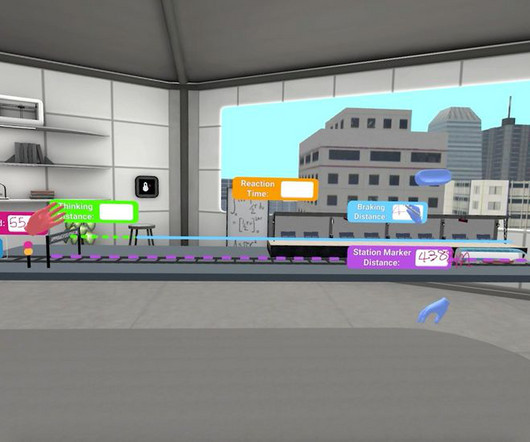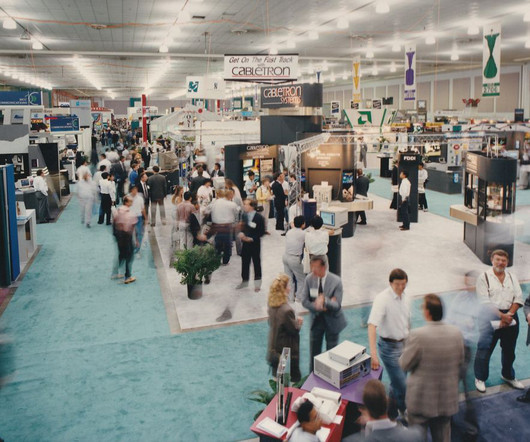ABS provides first approval in principle for floating Rankine cycle renewable energy plant
Green Car Congress
AUGUST 20, 2011
Marine classification society ABS has issued its first Approval in Principle (AIP) for a new concept renewable energy design in which a moored spar uses ammonia in a closed-cycle process to produce electrical power for a commercial utility grid. OTEC power cycle. Click to enlarge.











Let's personalize your content